How Juventus and Real Madrid are two very different types of European giants
After Juventus' low point in 2016, the club have propagated a sleek, streamlined operation that marks a striking contrast to Real Madrid's own footballing philosophy
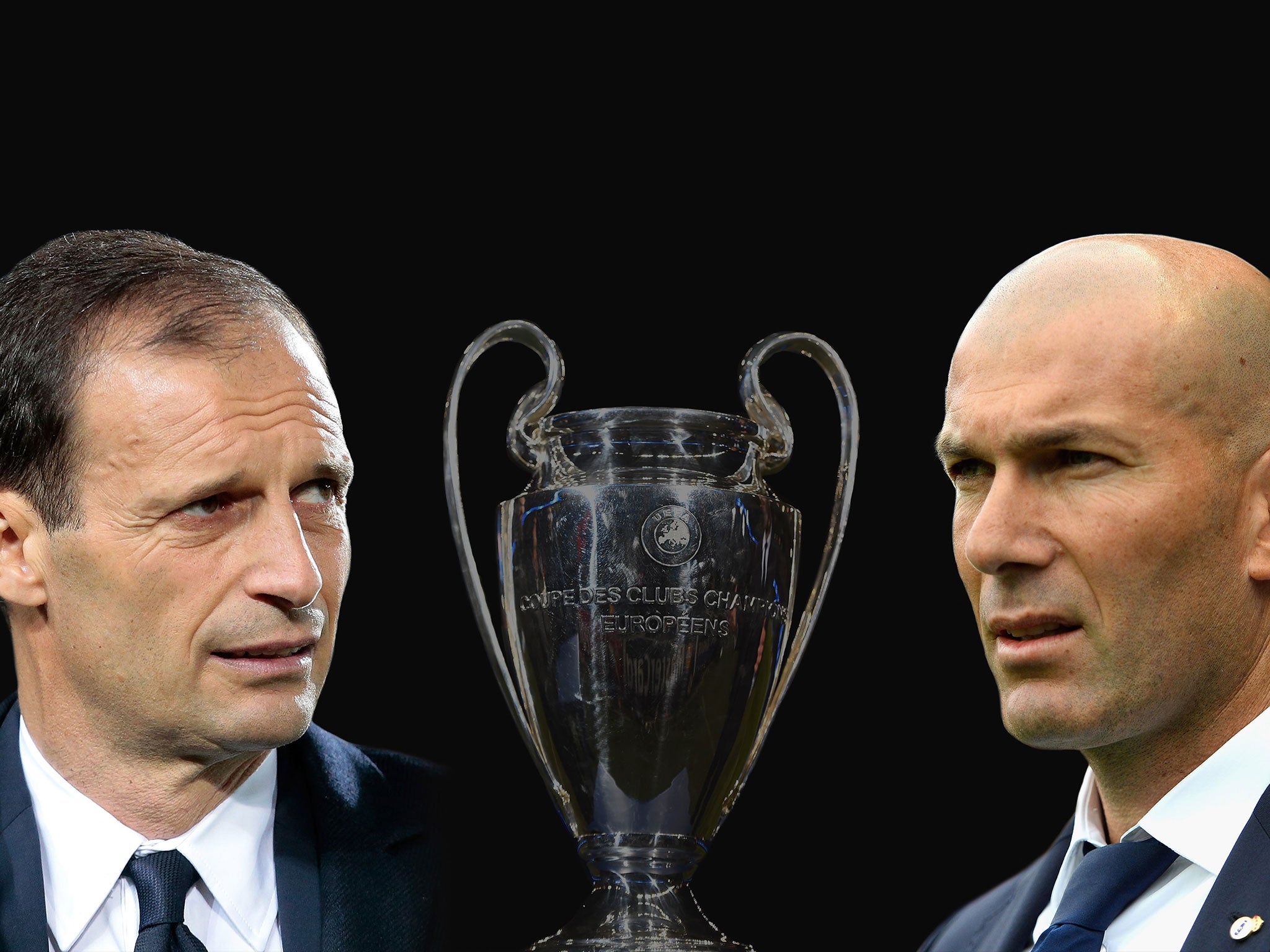
As Juventus stand on the brink of a treble, and one of the rare feats that has so far eluded Real Madrid, they have reached this point by already doing something the Spanish champions would just never countenance, something that is scarcely imaginable to them - especially to their current president.
It is actually remarkable, and a lesson to so many other super-clubs. In the last three years, Juventus have lost a star manager, in Antonio Conte, and four star players, in Paul Pogba, Arturo Vidal, Carlos Tevez and Andrea Pirlo, but actually improved and gone from strength to strength.
Real have of course sold some of their own players for huge fees and infamously rotated a number of managers over the last few years, but it is always by their own choice and because they want to go bigger and better.
The same could well happen this summer, as the Bernabeu hierarchy currently contemplate the idea of selling Gareth Bale so they can go all out for Kylian Mbappe or Eden Hazard. They’ll be breaking world records by buying rather than selling, unlike their Champions League opponents with Pogba last summer.
It sums up a huge difference between the clubs off the pitch, that makes it all the more impressive that there will actually be little between them in Cardiff on Saturday night.
That is all the more striking when you consider their statuses as the two most historically successful and arguably biggest clubs in two of the grandest football countries, but then the reason it’s reached this point was because Juventus were forced to re-assess that history, because they faced a significant juncture moment: the 2006 Calciopoli scandal.
Punished for looking to influence the selection of Serie A referees, Juventus’s subsequent relegation may have been humiliating, but was the classic case of a traumatic low forcing the kind of introspection and self-assessment that led to an innovative clarity of insight and the type of new highs that probably wouldn’t have happened without it.
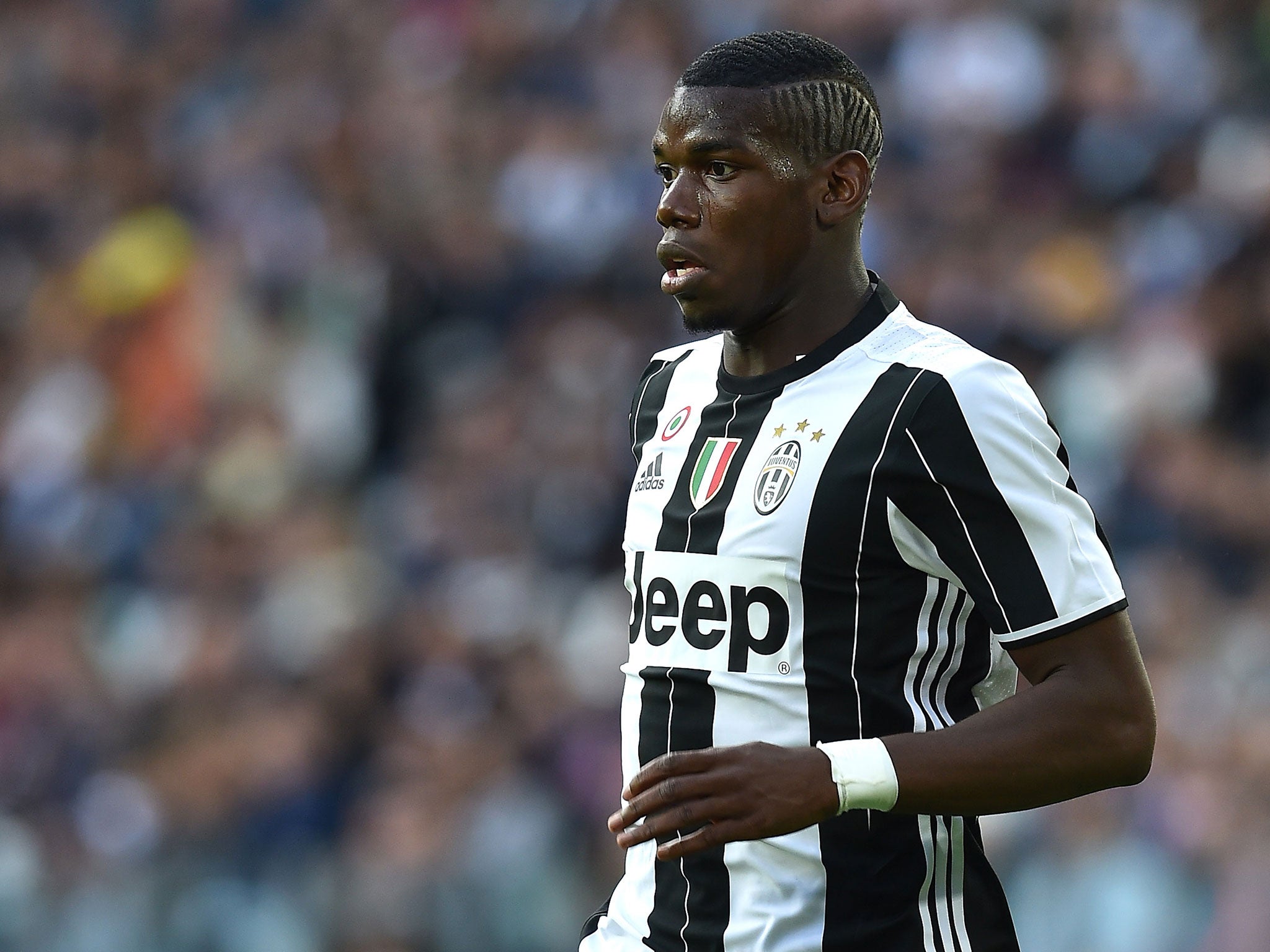
Many will naturally look to the team management of Massimiliano Allegri on taking over from Conte to take Juve up a level but, for all the credit he deserves, it was greatly facilitated by the supreme club management of chairman Andrea Agnelli and director Beppe Marotta.
Perpetuating a link between the industrialist family (the “Kennedys of Italy”) and the club that goes back to 1923, the 41-year-old Agnelli’s appointment as chairman in 2010 had a necessary historic symbolism at a crucial time, but all the more important was his modern marketing mindset after years working with Ferrari and Philip Morris International.
Juventus have become such a sleeker operation in the past few years - as almost signified by their minimalist new ‘J’ emblem - and made so much of Italian football look so anachronistic. It is how they use the extra money they’ve started to generate, however, that has really elevated them.
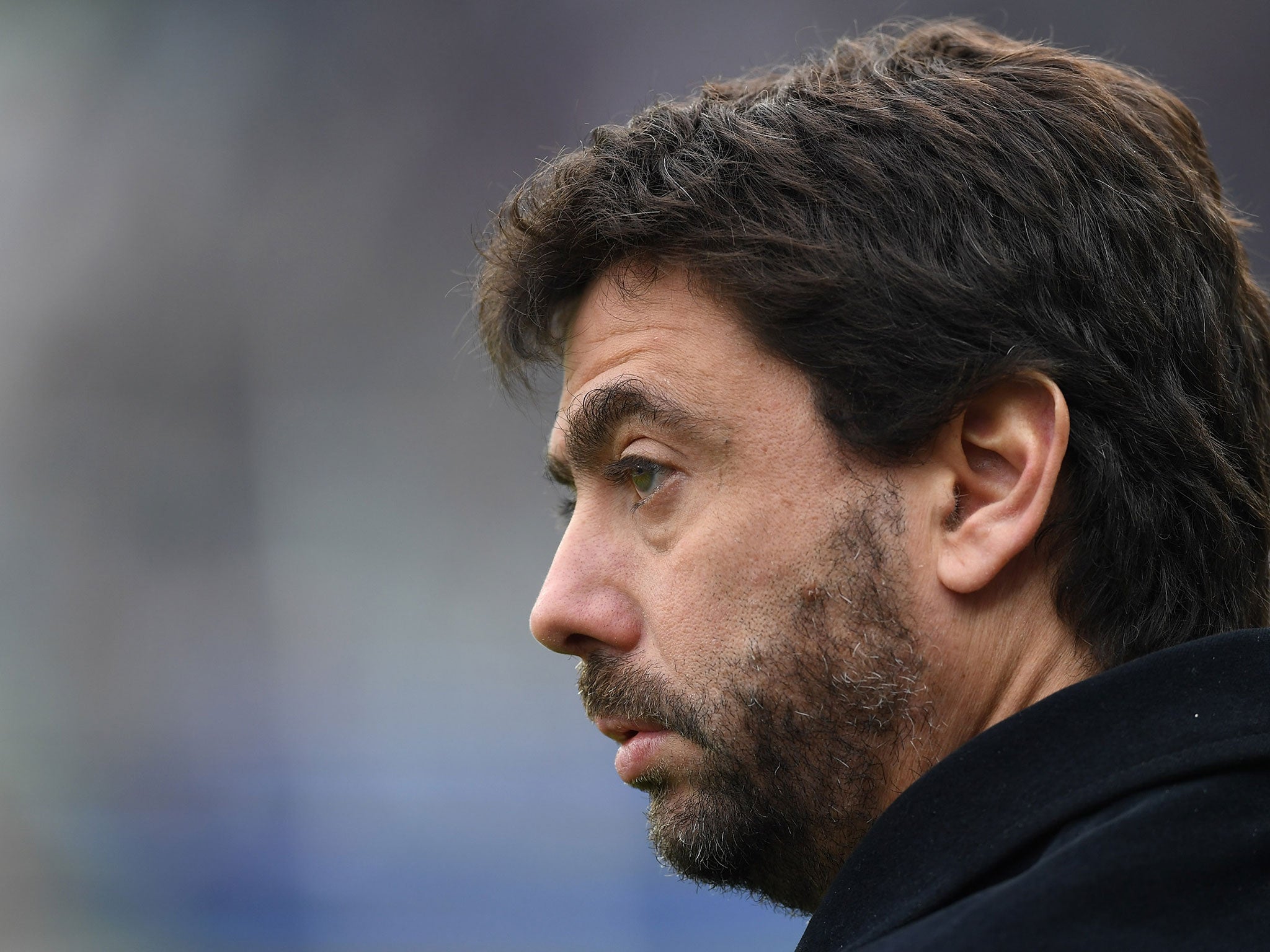
Whereas Bernabeu president Florentino Perez relishes the simplistic abandon of blowing everyone else out of the water to buy the most obvious player, Juventus are so much more calculated, so much more efficient. That may be essential given that their revenue is €341m compared to Real’s €620m, but those who have worked with the Serie A champions say what really stands out is the “profound level” of their scouting, and the intelligence.
Most obviously, there are the number of key players they have signed on free transfers: Pirlo, Pogba, Patrice Evra, Kingsley Coman, Dani Alves, Fernando Llorente, Sami Khedira.
They do not just look at the attributes or situations of players, but how those attributes will complement certain areas of the team. That may sound elementary, but it is remarkable how many clubs do not operate like that, and Juventus still take it to higher levels.
A few players who have played for Real illustrate this, not least Alvaro Morata. He led Juve to this stage two years ago, while also scoring a crucial strike at the Bernabeu, but will now likely be little more than a sideline figure.
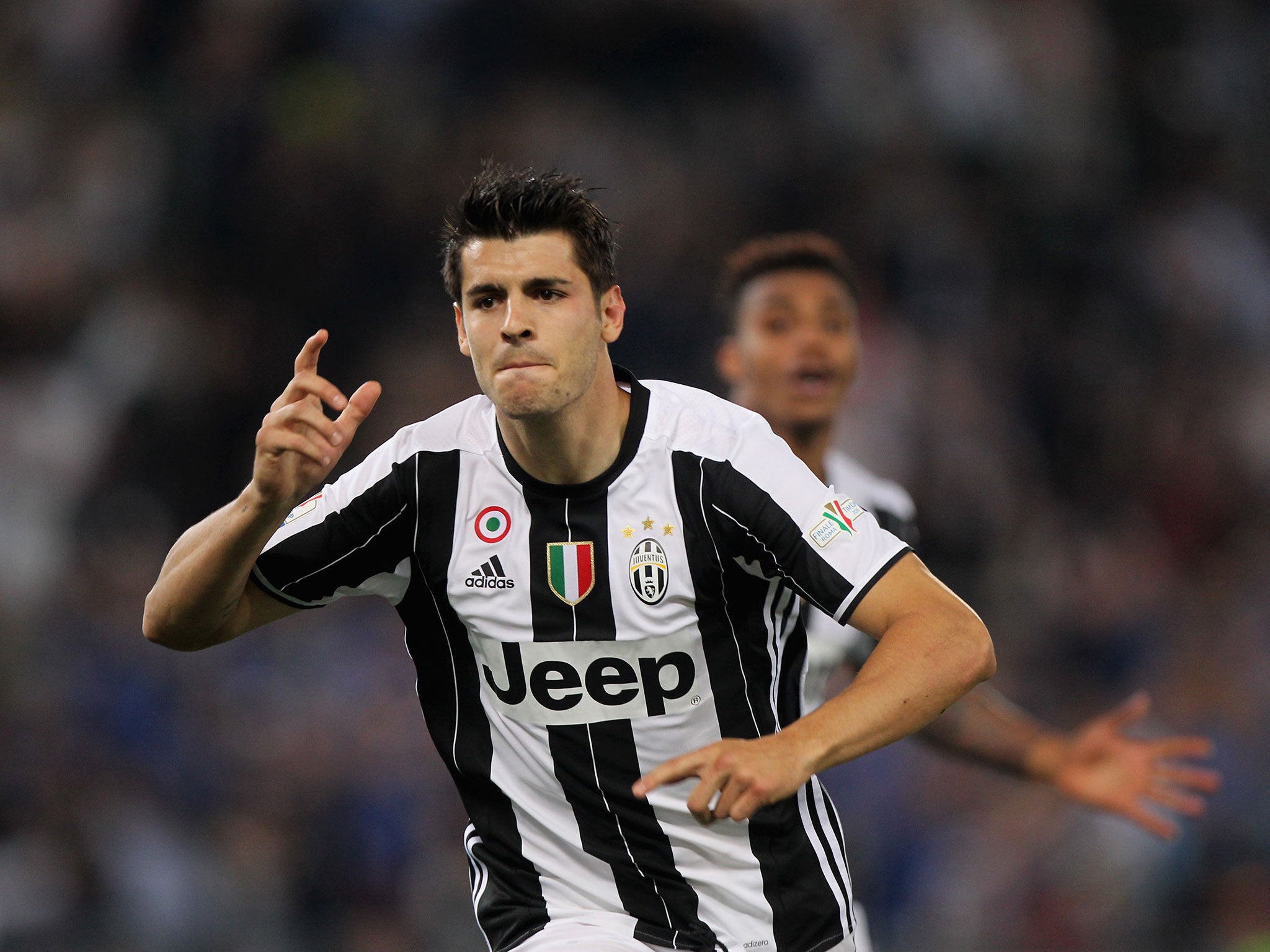
That may be because he is not quite good enough for Real’s level, but the point is how Juve saw what he had and maximised it for them. Some who work in European football also say that Pablo Dybala, this season’s revelation, owes a huge amount to the precision of Juve’s scouting and the trust of their coaching, especially since many thought he was physically unprepared, arguing that he would probably be in that odd Real “no man’s land” that Morata and even James Rodriguez now find themselves in.
It’s not just potential, however, that Juventus have looked for. The club have been willing to put their faith in proven talent and those players others probably consider past it, too.
While the purchase of Gonzalo Higuain was greeted with a certain amount of derision, and disbelief that they would pay €90m for a 29-year-old whose big-game record had been questioned, Juventus knew what they were doing having weighed up every angle.
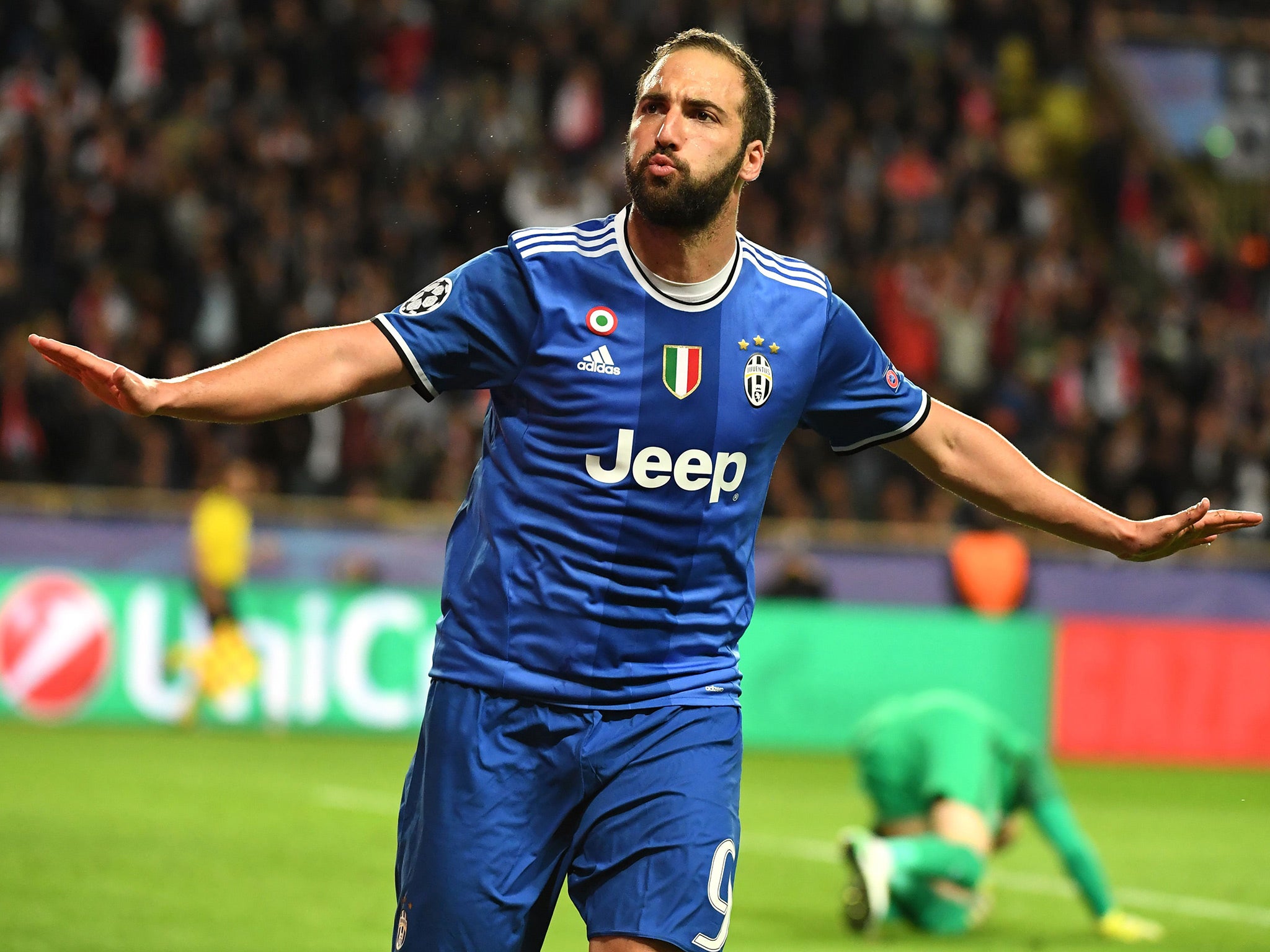
They knew he would still guarantee a certain number of goals in Italy, knew from a domestic perspective it was worth probably half the price to weaken their biggest rival in Napoli and thereby almost guarantee the title, and planned from a continental perspective that he could well get those extra few goals to take them that extra level.
It has so far paid off, right down to Higuain scoring the tie-deciding goals in the semi-final against Monaco.
The case of lesser-known midfielder Rolando Mandragora could yet become another of those case studies so often quoted at such times. In the summer of 2015, he was shopped around Europe for €300,000 and barely interested a Championship club. That December, having done their homework on him, Juventus paid €6m and he is now the Italy U20 captain.
The difference is that they won’t just assume with a player, but deeply assess every element. With good lines of continuity throughout the club, they apply logic to every area.
Real, meanwhile, almost defy logic, other than the basic truth that being able to spend a lot of money is of huge advantage in football.
Beyond that, though, they lack a concretely defined football philosophy; they don’t sign players according to a grand plan, and there is even an ongoing debate over whether Zinedine Zidane - himself on the brink of two historic feats in a league and Champions League double as well as retaining the latter - is actually a good manager.
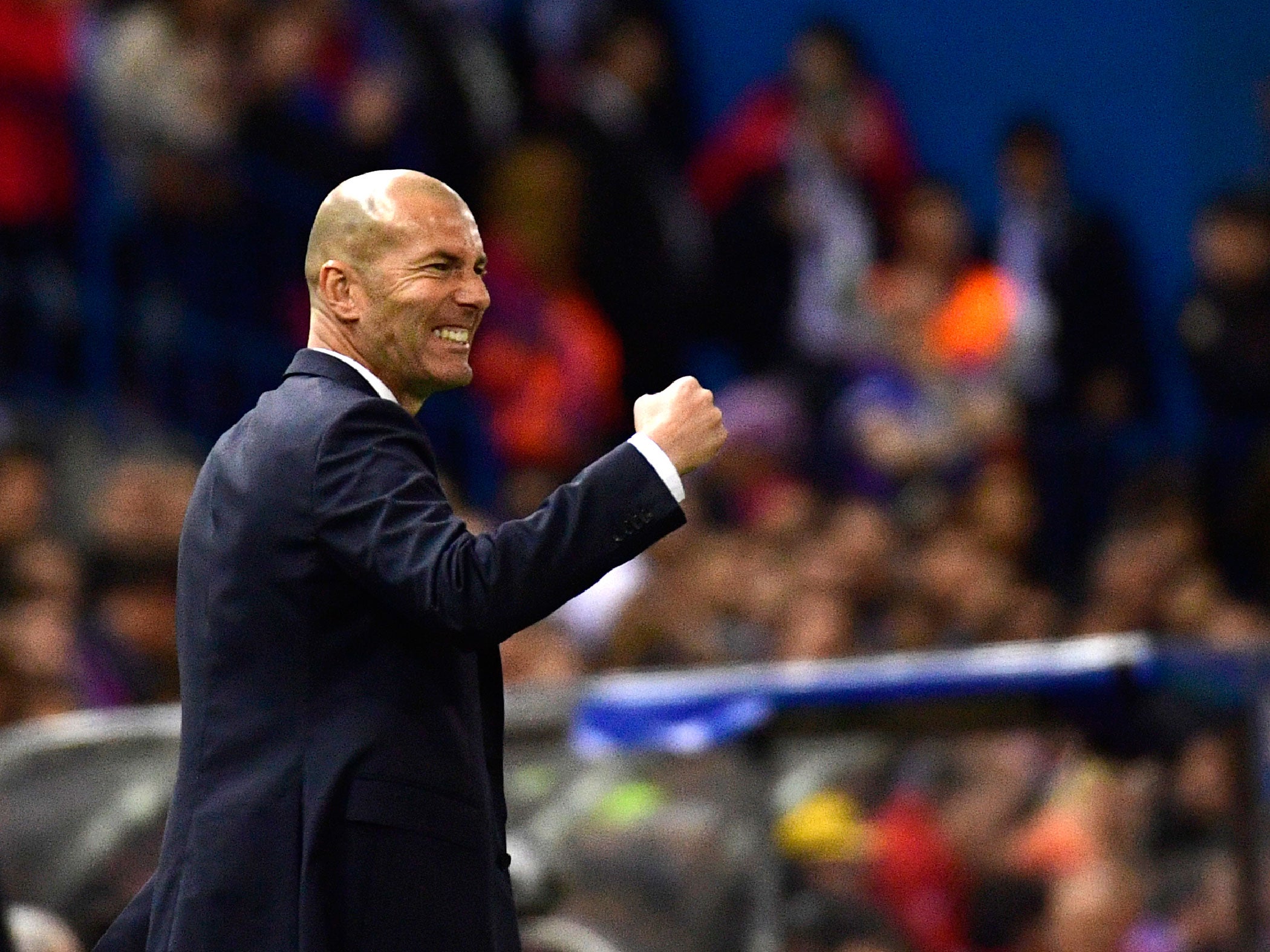
That debate and the very Real team persist, though, because they have the benefit of so much wealth that they can construct a critical mass of quality. There is a strong and deep enough squad to always be someway competitive.
They will always have stars with the individual quality to carry them through. They will always be able to buy the best.
Juve may have to sell their best - but it doesn't seem to stop them getting better.
Join our commenting forum
Join thought-provoking conversations, follow other Independent readers and see their replies
Comments
Bookmark popover
Removed from bookmarks